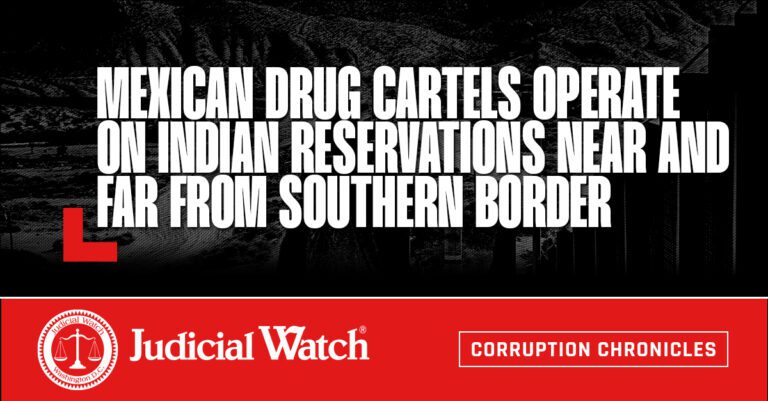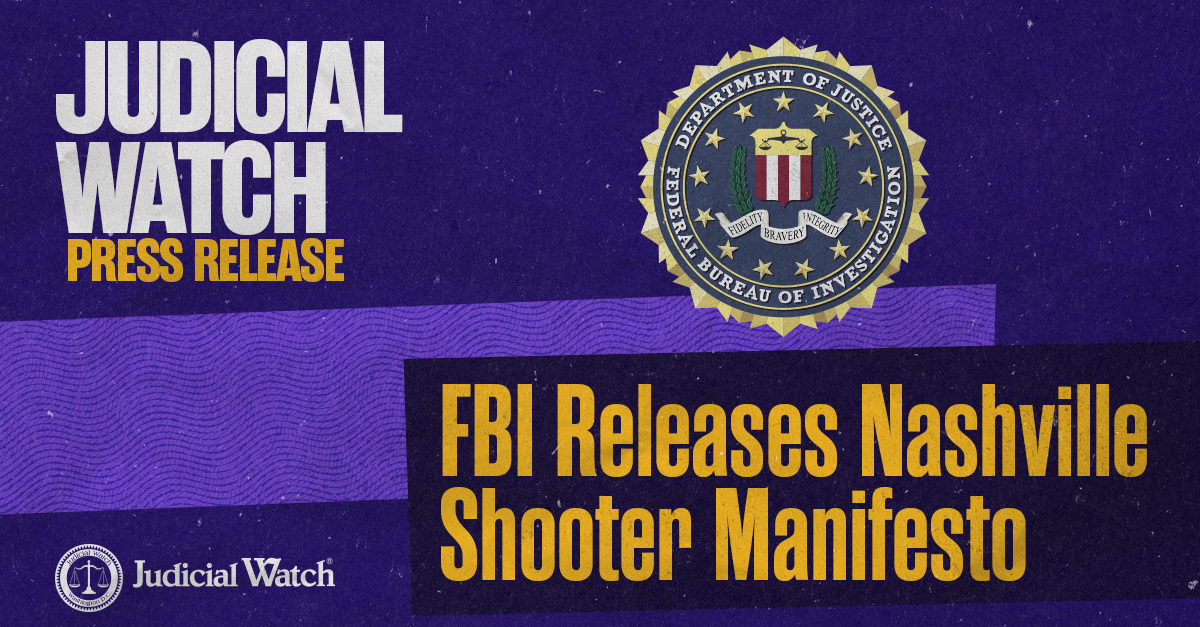
Mexican Drug Cartels Operate on Indian Reservations Near and Far from Southern Border

Indian reservations near and far from the Mexican border are actively targeted by drug cartels whose operations are facilitated by President Biden’s open border policies to traffic massive amounts of illegal drugs as well as people across the United States, according to alarming testimony delivered this week in a congressional hearing. Mexican cartels regularly use the porous 62-mile border between Mexico and Arizona’s Tohono O’odham Nation tribe to traffic illicit drugs and migrants then they haul their cargo north to rural Indian communities many miles away in Montana and Wyoming. The situation is so out of control that a congressional committee held a hearing this week to examine the impacts of international cartels targeting Indian country.
The committee chairman, Arkansas congressman Bruce Westerman, disclosed that cartels have established extensive distribution networks in communities to traffic dangerous substances into Indian communities, notably fentanyl and methamphetamine. “This has led to an increase in violence, crime, and drug overdoses that are ravaging communities across Indian country, particularly in Montana and Wyoming,” the legislator writes in the hearing memo. The sophisticated criminal enterprises, specifically the renowned Sinaloa and Jalisco Nueva Generación cartels, target reservations in rural areas where profits are better because drugs are sold at a higher price than in other parts of the country and the area is often not patrolled by law enforcement. “The impact of cartel activity is alarming among the Indian reservations in Montana and Wyoming and felt by every person in those communities,” the hearing memo states.
Many of the criminal treks go through the Tohono O’odham reservation which sits in the south-central Arizona Sonoran Desert and has about 34,000 members on both sides of the border. The reservation is about 2.8 million acres or roughly the size of Connecticut and terrain consists largely of mountains and desert making it difficult to patrol. For years the land has appeared on the Drug Enforcement Administration’s (DEA) High Intensity Drug Trafficking Areas (HIDTA) list because it is a significant center of illegal drug production, manufacturing, importation and distribution. The reservation is a primary transshipment zone for methamphetamine, cocaine, heroin, and marijuana destined for the United States, according to the DEA. During the Trump administration sources inside the U.S. Border Patrol and other law enforcement agencies told Judicial Watch that the tribe banned National Guard troops deployed by the then president to help crack down on a crisis of drug smuggling and illegal crossings.
At this week’s hearing Tohono O’odham Chairman Verlon Jose complained that his tribe spends an average of $3 million of its own tribal funds on border security and enforcement. He also told the congressional panel that in 2023 the Tohono O’odham Police Department (TOPD) responded to over 100,000 incidents involving drug seizures, illegal immigration, and other border-related criminal activity. Additionally, the tribe’s law enforcement division has spent nearly $6 million on over 1,500 migrant death investigations and recoveries without any federal financial assistance. More money and police hours have been dedicated to investigating the impacts of drug trafficking, including overdose probes and other related training. “Criminal cartel activity has exacerbated the negative effect of drug and migrant smuggling on the Nation,” Chairman Jose said adding that “smugglers have held tribal families hostage, damaged and stolen property, and recruited tribal youth to engage in smuggling activity.” Before leaving, Jose told federal lawmakers that the border wall is “particularly ineffective in remote geographic areas like our homelands, where it can easily be circumvented by climbing over, tunneling under, or sawing through it.”
A councilman for the Assiniboine and Sioux Tribes in Montana’s Fort Peck Reservation testified that there is no doubt Mexican drug cartels are responsible for a drug crisis that has infested every corner of the tribes’ community, including young and old without regard for gender. “They have found their way to the Fort Peck Indian Reservation and embedded themselves in our communities and our families,” said the councilman, Bryce Kirk. He provided the panel with an example, a former Mexican police officer, Ricardo Ramos Medina, who became a Sinaloa cartel associate and was stopped on the Fort Peck Reservation, which spans over 2 million acres. Medina was a key part of expanding the cartel’s presence in Montana as he had a valid U.S. visa and was former law enforcement, Kirk said.
















